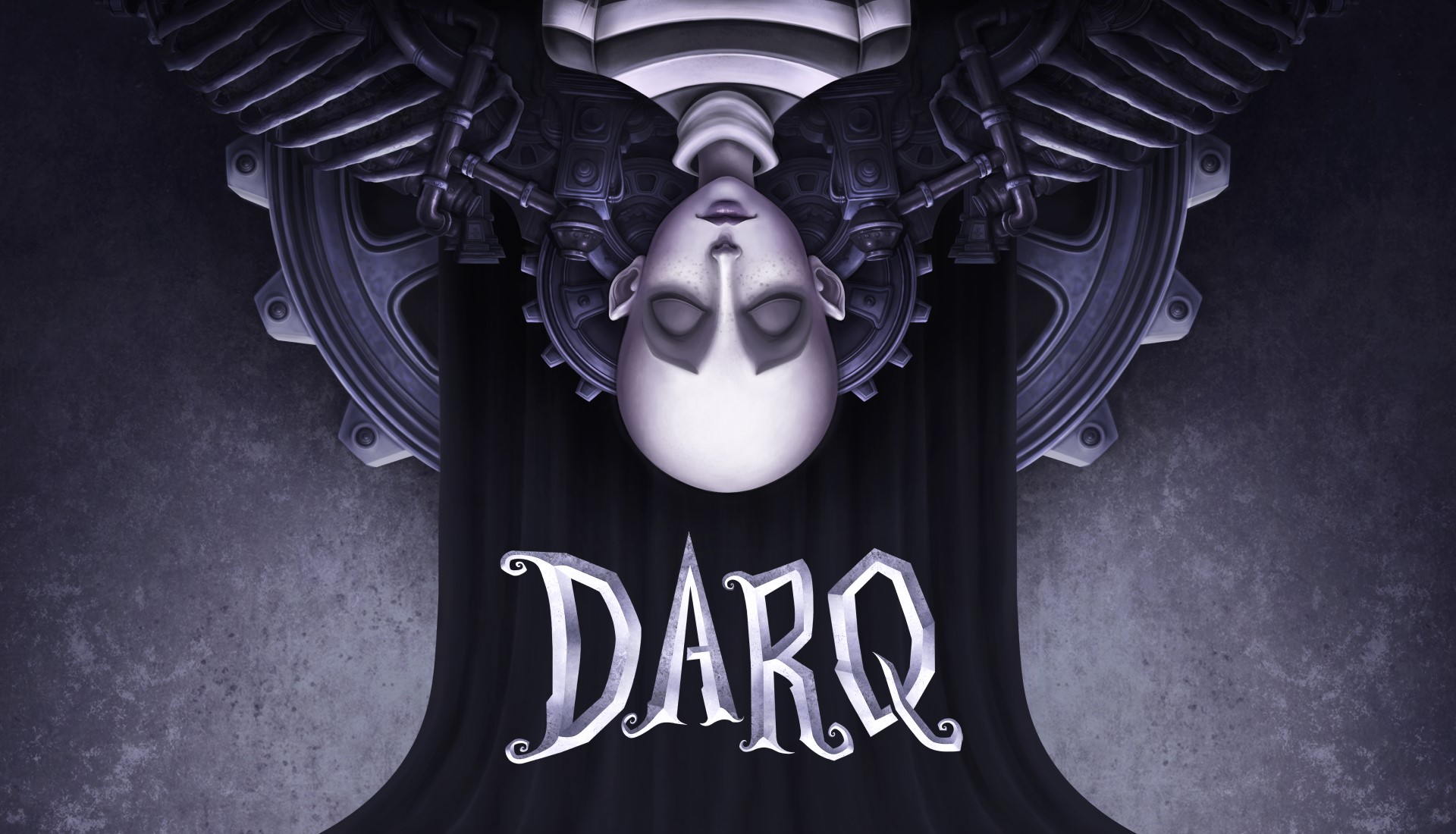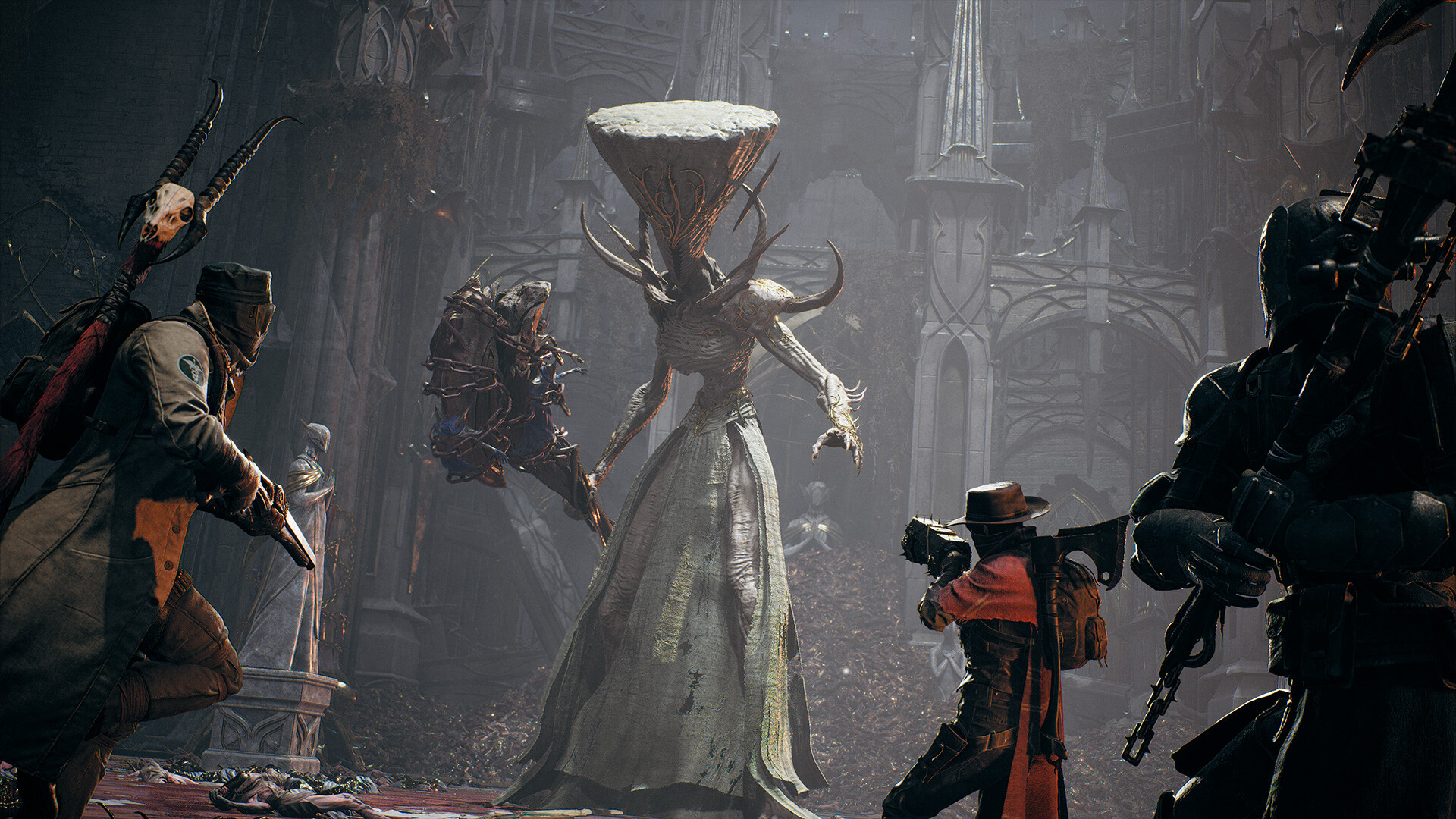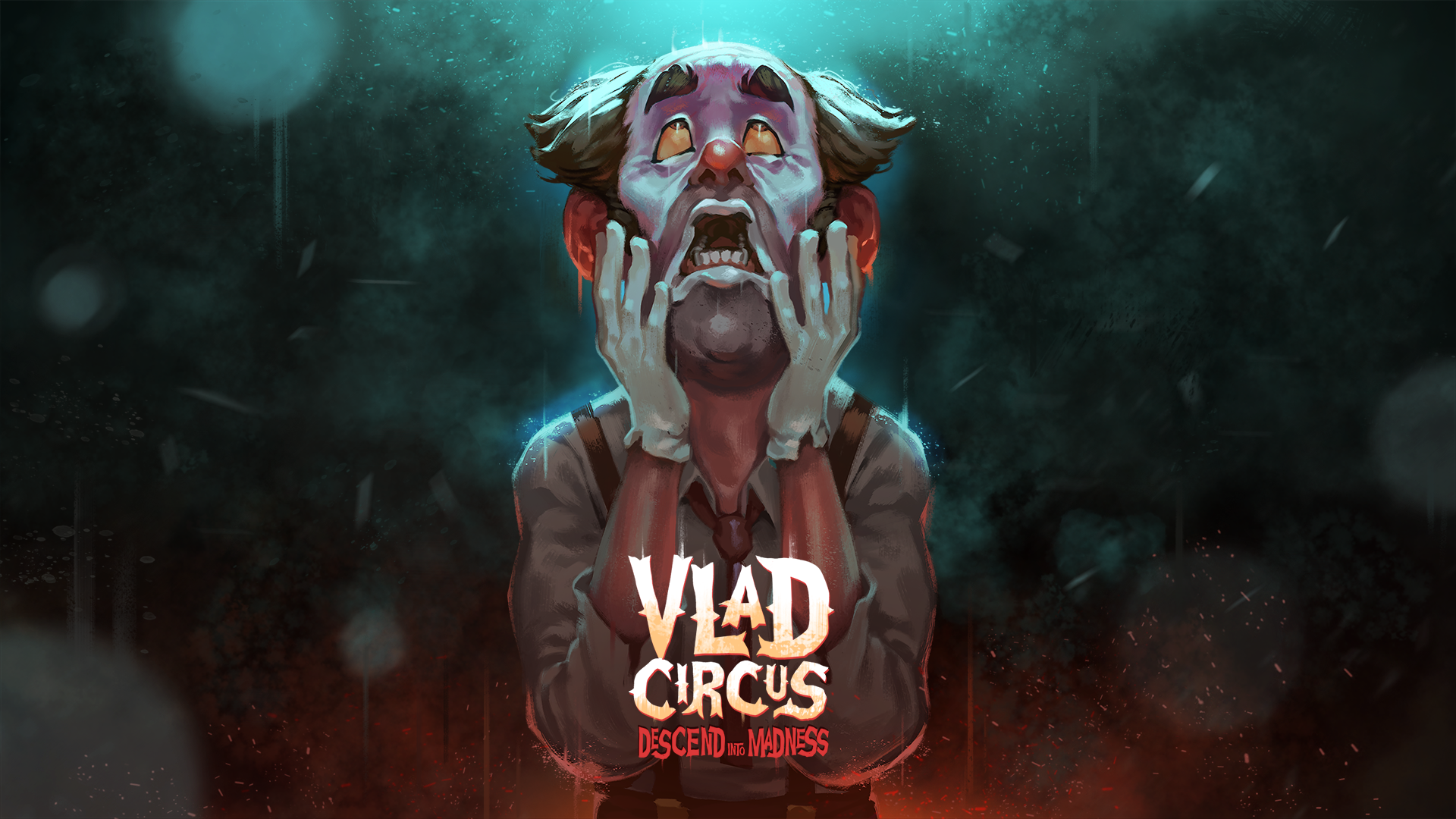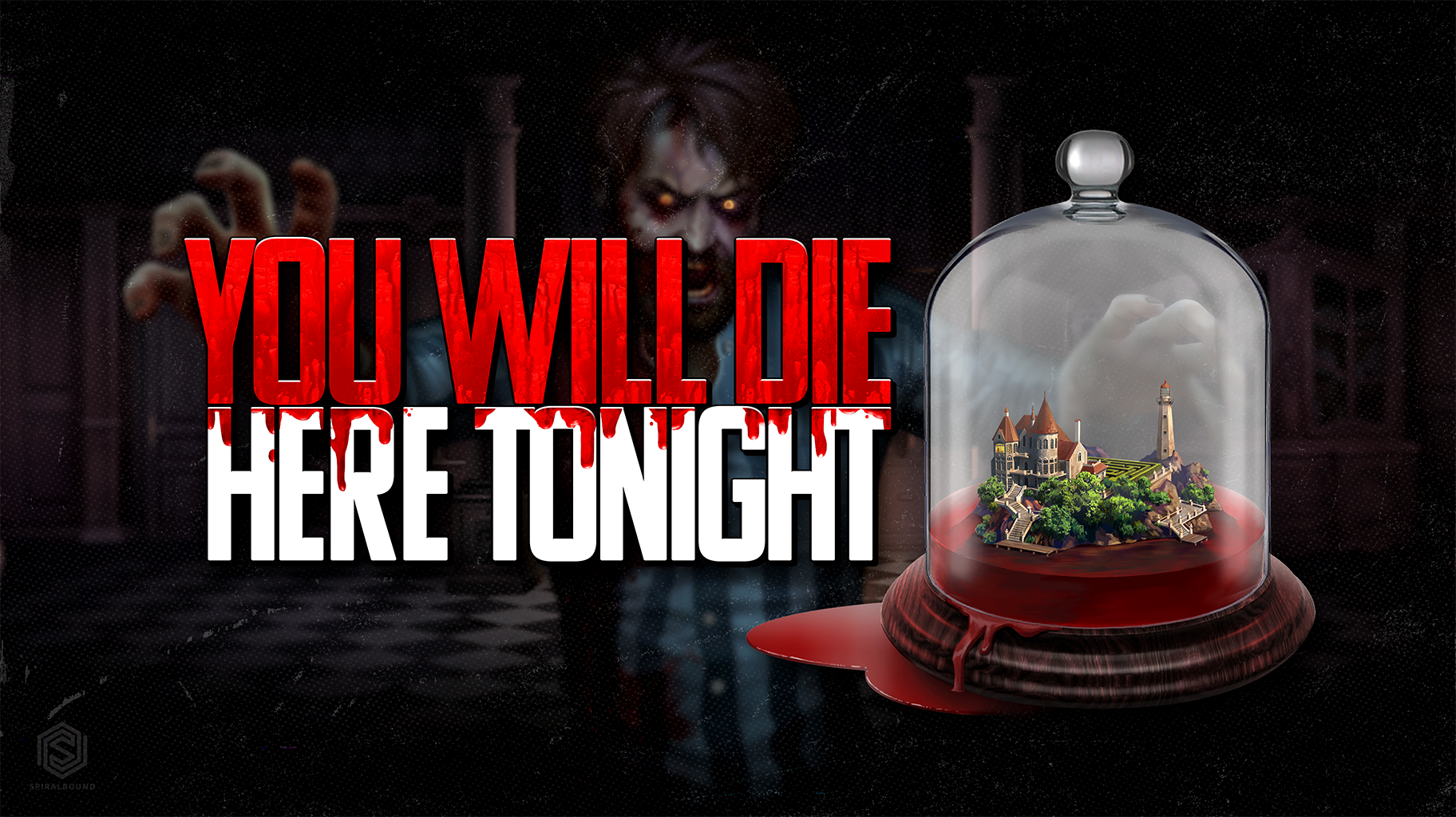
DARQ Review – 2 Hours Of Pure Gold
Developed and Published by Unfold Games
Available on PC
MSRP $19.99
<hr>
I’m going to frontload this review with a question for you to mull over: how much would you pay for a 2-hour game? Gaming is far different than film, where people routinely shell out $10 bucks for 90 minutes of car chases and The Rock being large. Even $5 games can get chewed out if they clock-in at under a few hours. Writing about DARQ must come with the caveat that it is very short. It’s a bitter pall to cast over the review, but a necessary one. To come are many paragraphs of praise. While writing the first draft, I found myself constantly inserting phrases like, “if not for the length,” or, “I just wish we had seen more of it.” So instead of repeating myself, I’m just going to make you do the work. Mentally insert after every sentence, “but it is very short.” That’s the kind of community teamwork we here in the Dread family love to see.
DARQ is a new indie horror puzzler from Unfold Games, which is a weird way to spell Wlad Marhulets. Wlad is a one-man team and auteur who has very famously told all publishers and the EPIC Games Store to shove off. You play as Lloyd, who is the protagonist of an indie horror game. You know the type: wide eyed, young, big head, alone in a hostile landscape, pursued by grotesque monsters, etc. In his nightly dreams, Lloyd is transported to a strange world where the laws of reality don’t apply. There he must navigate puzzles and avoid monsters, all which represent different nightmarish mirrors of his real-world trauma. Presented in a stark sepia tone, the game is quite dark both literally and narratively.

If there were a Geiger Counter reprogrammed to detect levels of indie, DARQ would make it squeal like a parrot with its nuts in a vice. I almost just left the entire description as, “it’s an indie horror puzzle platformer,” letting your mind palace fill in the rest. That doesn’t mean it’s bad. Every once in a while, a game comes along that reshapes the indie landscape. Limbo did this back in 2010, and Undertale again in 2015. With DARQ, the new gold standard has been set for spooky horror puzzlers.

This is one of the most compelling productions I’ve seen come out of a one-man studio since Return of the Obra Dinn. The biggest difference being that while Return of the Obra Dinn looked like something made for the oscilloscope, DARQ is fucking gorgeous. Details have been poured into the world that much larger studios often ignore. The way that Lloyd stumbles, how the monsters shamble about, or even how trash can lids will jostle when the world shifts speaks to the level of meticulous detail only possible in a passion project.

Gameplay in DARQ is a bit more basic. It’s more an adventure game than anything. Your main objective is to run around the levels looking for items that can then be used at various obstacles to advance. Often times these will lead to various logic puzzles. Puzzles are rarely recycled, so the game never gets boring. Items themselves also have some dream-logic to them, such as when you use a watch to make a bridge. It’s nothing revolutionary, but well paced and always interesting.

The real draw of DARQ is in the mind-bending physics. Being in a dream, Lloyd has the ability to traverse the world by flipping it on its axis. Walk up to a wall, and Lloyd will flip the world to make the wall the new floor. Some levels will also allow you to flip the world towards the screen. Being that this is a 2D game, this flipping can be quite disorienting at first. It forces you to catalogue in your brain what is on the invisible planes, making a mental map of all the different dimensions. It might sound like a chore, but once you get used to it it adds an incredibly level of complexity to an otherwise simple structure. Each level finds a unique way to use this concept, with the standout being the level that spins 90° when a lever is pulled.

And with that, we’re back to the start of the article. There really isn’t a lot to say about DARQ, as the game just isn’t very long. The story is minimal, told entirely through contextual clues and hidden journal logs I didn’t even know existed until the last level. It’s fitting that a game so short and tightly designed would be similarly tight with the story. Fans of Limbo and Inside will certainly appreciate the room for interpretation.

So now that you’ve had 7 paragraphs to mull over the question, I’ll ask again: how much would you pay for a 2-hour game? The answer lies in how much you value quality over quantity. Every level in DARQ is crafted to deliver a particular vision, realizing both gameplay and artistic direction in one package. The timed puzzle (you’ll know it when you get to it) functions both as a fantastic scare and additional level of difficulty for an otherwise easy puzzle. More importantly, it’s the only time that happens. There’s no fat, and each pivotal moment stands out for how unique it is.
DARQ is a must have for indie game aficionados. That being said, general audiences will find it far too short. DARQ is certainly enjoyable for casual audiences, as the intuitive puzzles and breathtaking visuals are easy to appreciate. Yet at just under 2-hours, it’s hard to recommend. I’m left with the feeling that I want to see more out of Unfold Studios. Mr. Marhulets is clearly an insanely talented creator, and I can’t wait to see what he does next. I just can’t ignore that DARQ left me hungry for more.
Summary
A breathtaking experience from start to finish. Luckily for you, since it’s short enough to finish in one breath.
Overall
4-
Game




